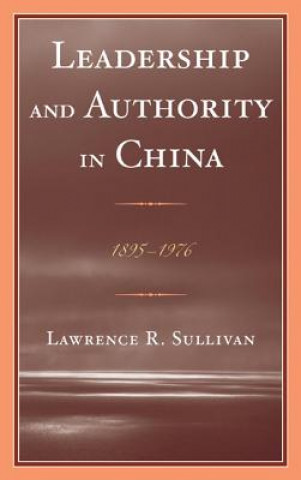
Kod: 04670014
Leadership and Authority in China
Autor Lawrence Sullivan
This volume presents elite conflicts and political controversies in China from 1895 to 1978 as rooted in two diametrically opposed visions of leadership and political authority: a radical, charismatic model that instills absolute ... więcej
- Język:
 Angielski
Angielski - Oprawa: Miękka
- Liczba stron: 334
Wydawca: Lexington Books, 2014
- Więcej informacji o książce

Zobacz książki o podobnej tematyce
-

Border Dilemmas
35.82 € -9 % -

Rebuilding the Brand
18.01 € -

Zur Geschichte der englischen und amerikanischen Vermögenssteuern.
38.19 €
Podaruj tę książkę jeszcze dziś
- Zamów książkę i wybierz "Wyślij jako prezent".
- Natychmiast wyślemy Ci bon podarunkowy, który możesz przekazać adresatowi prezentu.
- Książka zostanie wysłana do adresata, a Ty o nic nie musisz się martwić.
Więcej informacji o Leadership and Authority in China
Za ten zakup dostaniesz 213 punkty
 Opis
Opis
This volume presents elite conflicts and political controversies in China from 1895 to 1978 as rooted in two diametrically opposed visions of leadership and political authority: a radical, charismatic model that instills absolute authority in the single leader whose "will" guides the polity and whose "word" is the basis of policy formulation, versus an institutional model in which authority inheres in organization and where "collective" leadership and decision-making govern the political realm. The former model in modern Chinese history entailed a "leader principle" and personality cult that began with Sun Yatsen and Chiang Kaishek in the Nationalist Party (KMT) and reached its peak with the leadership cult of Chinese Communist Party (CCP) Chairman Mao Zedong, especially during the 1966-1976 Great Proletarian Cultural Revolution. The latter model with its emphasis on "collective leadership" (jiti lingdao) and "administrative rationalism" began as a reaction among early members of the CCP against the promotion of the Sun and Chiang leadership cults and became a central governing principle in the Communist Party that served as official leadership doctrine beginning with the formation of the Party in 1921. While tensions over leadership issues were relatively muted in the pre-1949 period and early 1950s of CCP history as an apparent "compromise" was reached in which from 1943 onward a cult of the leader was promoted for propaganda purposes but with collegial decision-making governing inner Party decision-making, the mid-to-late 1950s saw this "compromise" among the top leadership come under increasing strain and finally break down. Devoted to a fundamentally different vision of a "socialist" China from other top leaders on a number of economic, social, and political fronts, Mao Zedong pushed his domination of the policy process that ultimately provoked a wholesale assault on the CCP apparatus throughout the country while the leader cult reached mythic proportions during the Cultural Revolution. Confronted by the possibility of civil war and generally opposed to the takeover of the polity by the radical Gang of Four led by his wife Jiang Qing, by the mid-1970s the aging great leader acquiesced to the rebuilding of the CCP along traditional, "institutional" lines.
 Szczegóły książki
Szczegóły książki
Kategoria Książki po angielsku Society & social sciences Politics & government Political structure & processes
86.59 €
- Pełny tytuł: Leadership and Authority in China
- Podtytuł: 1895-1978
- Autor: Lawrence Sullivan
- Język:
 Angielski
Angielski - Oprawa: Miękka
- Liczba stron: 334
- EAN: 9780739198032
- ISBN: 0739198033
- ID: 04670014
- Wydawca: Lexington Books
- Waga: 476 g
- Wymiary: 227 × 153 × 24 mm
- Data wydania: 17. July 2014
Ulubione w innej kategorii
-

Democracy Incorporated
22.54 € -9 % -
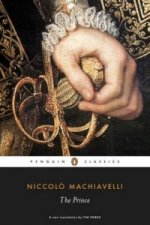
Prince
8.54 € -27 % -
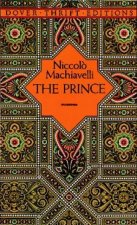
The Prince
3.70 € -22 % -
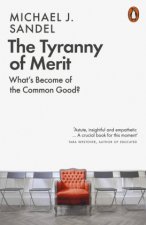
Tyranny of Merit
11.21 € -25 % -
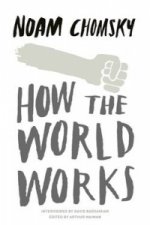
How the World Works
18.73 € -23 % -

Stalin, Vol. II
17.91 € -26 % -

Prince
7.09 € -31 % -

Trump and a Post-Truth World
13.27 € -19 % -

Anarchy, State, and Utopia
24.70 € -

The Prince
3.39 € -28 % -

Weapons of Math Destruction
12.24 € -16 % -

The Road to Unfreedom
11.52 € -28 % -
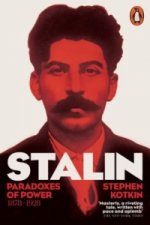
Stalin, Vol. I
20.79 € -15 % -

Utopia
5.45 € -28 % -

Prince
13.17 € -10 % -

How to Stand Up to a Dictator
11.32 € -25 % -
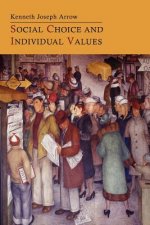
Social Choice and Individual Values
15.23 € -
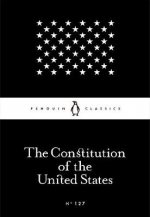
Constitution of the United States
3.08 € -3 % -
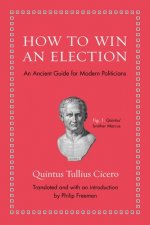
How to Win an Election
17.49 € -9 % -

First-Rate Madness
14.82 € -28 % -
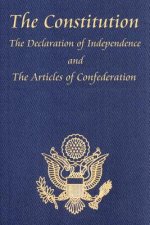
Constitution of the United States of America, with the Bill of Rights and All of the Amendments; The Declaration of Independence; And the Articles
11.21 € -

Comandante
13.17 € -18 % -

Angela Merkel
18.52 € -9 % -

Polyarchy
25.94 € -15 % -
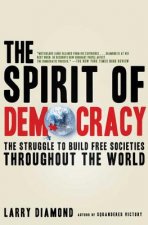
SPIRIT OF DEMOCRACY
19.76 € -19 % -

Democracy and Its Critics
32.12 € -5 % -
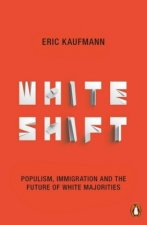
Whiteshift
17.80 € -18 % -

Prince
13.58 € -28 % -
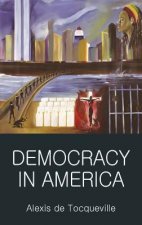
Democracy in America
8.12 € -29 % -

Red Notice: How I Become Putins No 1 Enemy
12.24 € -16 % -
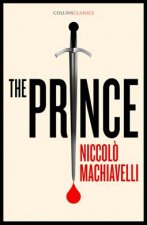
Prince
8.54 € -27 % -

From Dictatorship to Democracy
8.95 € -24 % -

Twilight of Democracy
11.52 € -28 % -
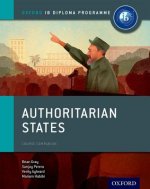
Oxford IB Diploma Programme: Authoritarian States Course Companion
51.27 € -

JFK and the Unspeakable
18.32 € -31 % -

Audacity of Hope
12.24 € -23 % -
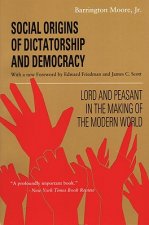
Social Origins of Dictatorship and Democracy
28.51 € -9 % -
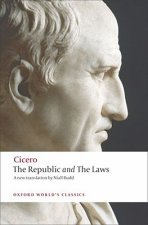
Republic and The Laws
8.54 € -27 % -
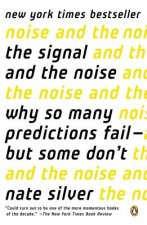
Signal and the Noise
17.80 € -15 % -

Road to Somewhere
10.49 € -28 % -

Future of Freedom
16.98 € -13 % -
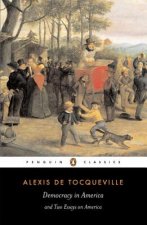
Democracy in America
13.79 € -21 % -
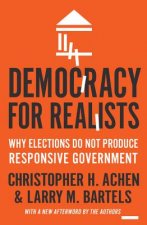
Democracy for Realists
19.76 € -22 % -

Theory U: Leading from the Future as It Emerges
41.69 € -19 % -

Oxford Handbook of Comparative Constitutional Law
63.93 € -4 % -
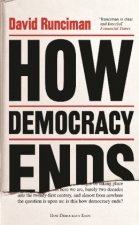
How Democracy Ends
11.11 € -15 % -
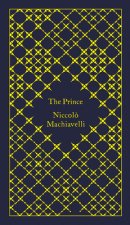
Prince
14.71 € -24 % -
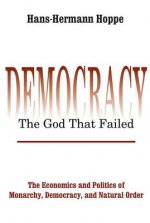
Democracy - The God That Failed
62.39 € -4 % -
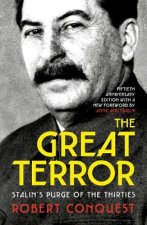
Great Terror
22.75 € -28 %
Osobní odběr Bratislava a 2642 dalších
Copyright ©2008-24 najlacnejsie-knihy.sk Wszelkie prawa zastrzeżonePrywatnieCookies



 Vrácení do měsíce
Vrácení do měsíce Zdarma od 49.99 €
Zdarma od 49.99 € 02/210 210 99 (8-15.30h)
02/210 210 99 (8-15.30h)